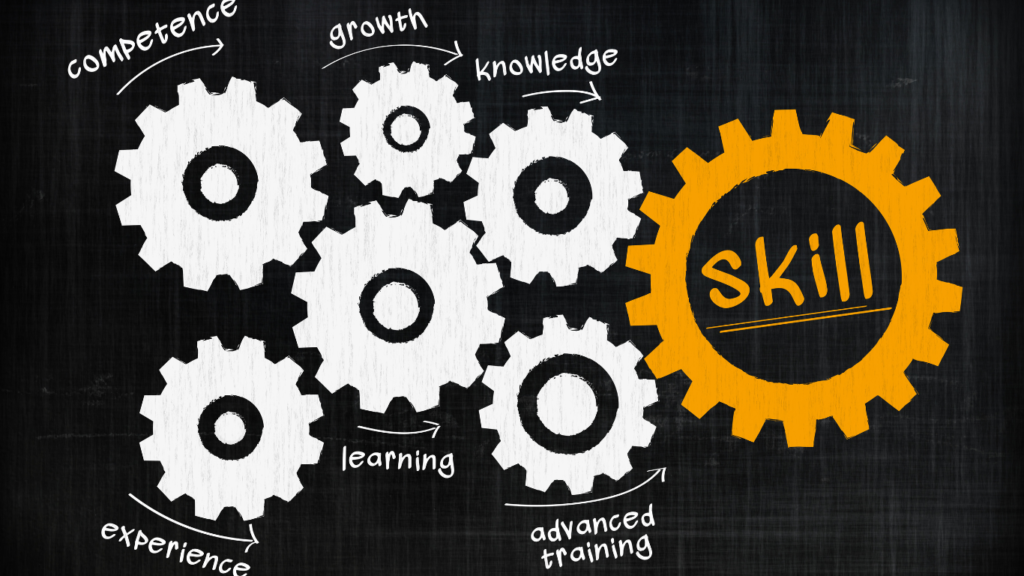
Think of your last big project, how you approached the work and the outcome. Did you jump in with both feet, and where you landed was where you started? Or did you look at the big picture, create a plan, and determine a logical approach based on due dates and company goals? Taking time to think about a project and speaking and acting deliberately and intentionally each step of the way will make you a more effective leader.
Intentionality goes beyond the boardroom and is present in all aspects of your life. When you practice the principles of intentionality in your personal life, you become a more intentional leader by default. According to entrepreneur Finnian Kelly, here are five ways to bring your focus inward:
- Practice being present,
- Leverage time instead of energy,
- Experience fulfillment by focusing on desired feelings, not success and outcomes,
- Create frictionless freedom through self-made boundaries,
- Experience joy by choosing love over fear,
When you take time to slow down and act purposefully, you will carry these behaviors into your professional life. Let’s explore the value of intentionality in leadership.








